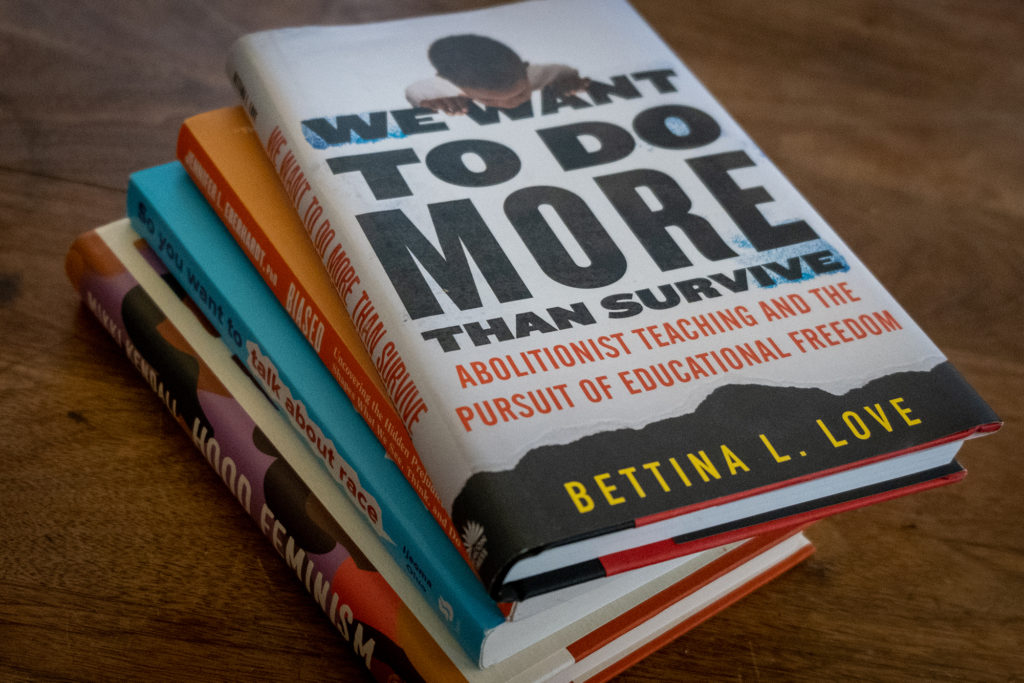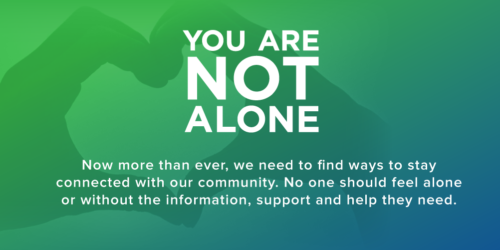Reading Questions from the BUILD Book Club, Winter 2021

This guest post was written by Jenny Shadley. If you are interested in reading We Want to Do More Than Survive, it can be requested through Summit here.
Last summer the first cohort of the BUILD program competed their studies. Several members of that cohort, led by Dalila Paredes, Hanan Al-Zubaidy and Deena Bisig started a book club. The fall book was Biased: Uncovering the Hidden Prejudice That Shapes What We See, Think, and Do by Jennifer L. Eberhardt. Each meeting is facilitated by a volunteer of the group.
The winter quarter book selection was We Want to Do More Than Survive: Abolitionist Teaching and the Pursuit of Educational Freedom by Bettina Love. When searching online there were no reading/discussion questions provided for the book, so we collected our questions and discussion points throughout the quarter.
From the publisher’s website:
Drawing on her life’s work of teaching and researching in urban schools, Bettina Love persuasively argues that educators must teach students about racial violence, oppression, and how to make sustainable change in their communities through radical civic initiatives and movements. She argues that the US educational system is maintained by and profits from the suffering of children of color. Instead of trying to repair a flawed system, educational reformers offer survival tactics in the forms of test-taking skills, acronyms, grit labs, and character education, which Love calls the educational survival complex.
To dismantle the educational survival complex and to achieve educational freedom—not merely reform—teachers, parents, and community leaders must approach education with the imagination, determination, boldness, and urgency of an abolitionist. Following in the tradition of activists like Ella Baker, Bayard Rustin, and Fannie Lou Hamer, We Want to Do More Than Survive introduces an alternative to traditional modes of educational reform and expands our ideas of civic engagement and intersectional justice.
Discussing this book was the first step to understanding the impact of our current system, and how we can move to creating learning experiences and environments that are culturally relevant and engaging.
The chapter readings were led by: Dalila Paredes, Justin Allen, Erin Staples, Jenny Shadley, and Jen King. The questions and topics were added to by folks who attended: Marianne Luther, Marilyn Hale, Michele Mallory, Hanan Al-Zubaidy, and Wende Fisher.
Here you can find the questions we discussed in our meetings. We encourage the reading of this book, and hopefully the questions can help guide you as you read it. We know that book clubs are not the solution to the inequities students face in college, but hopefully by engaging in these discussions you can find actionable solutions to the problems that are presented here.


